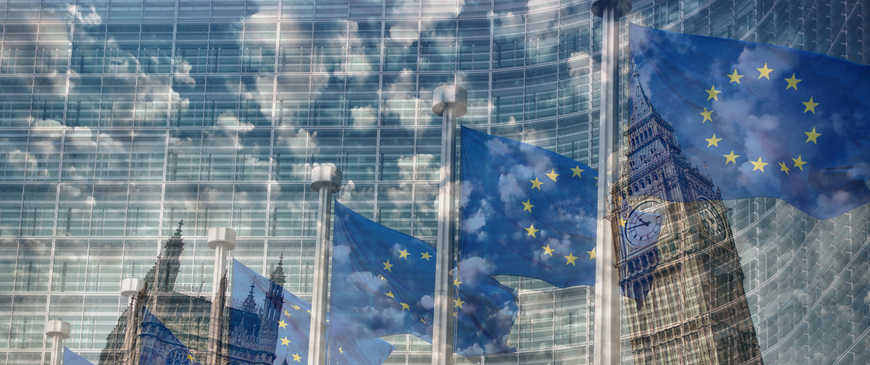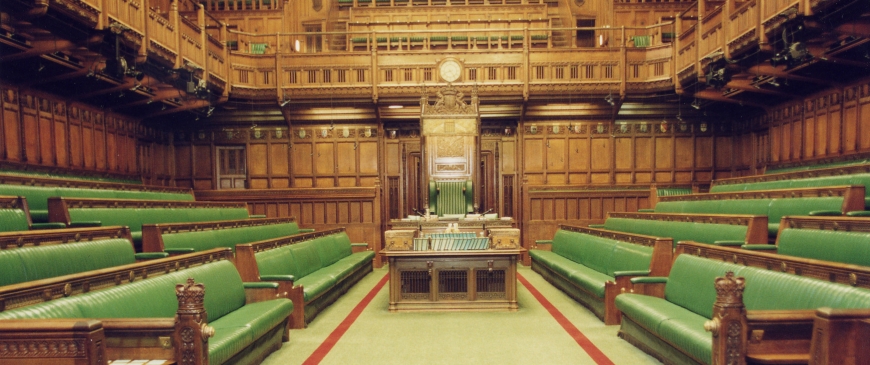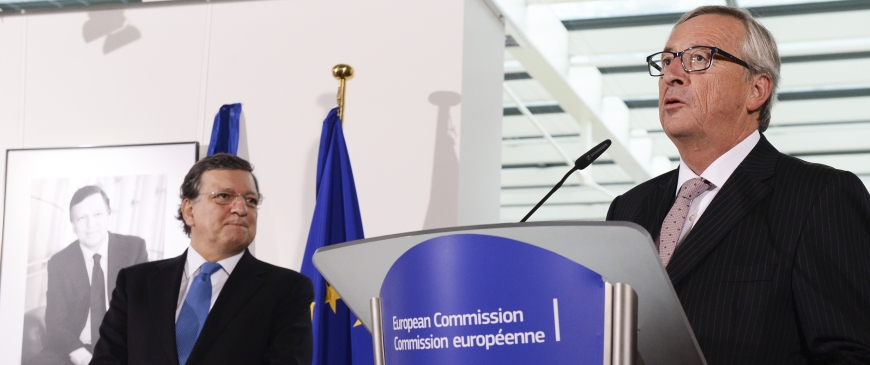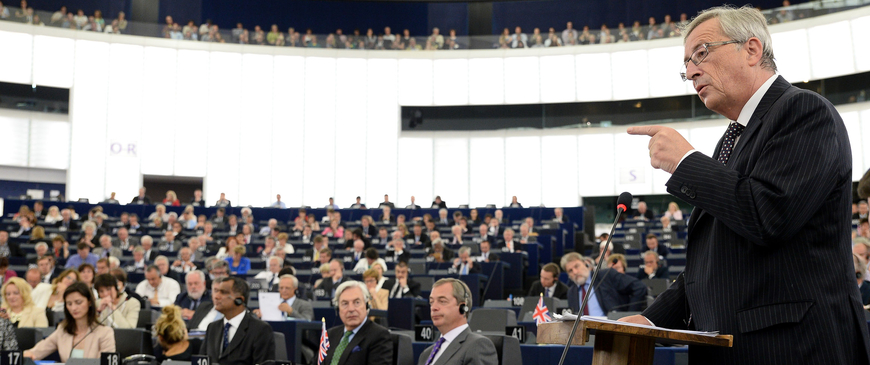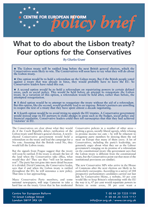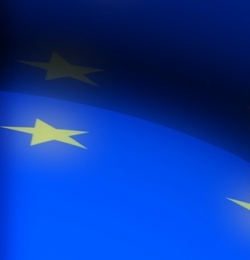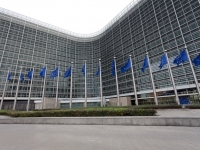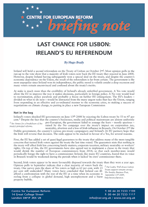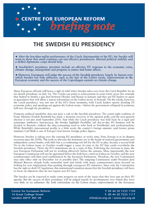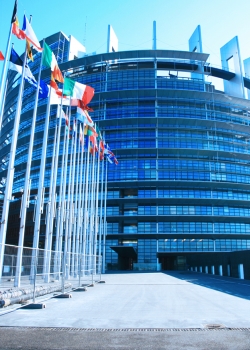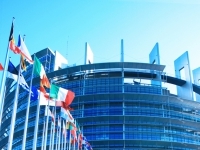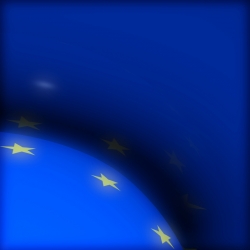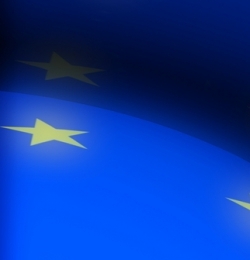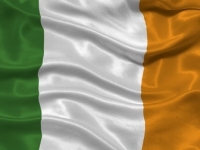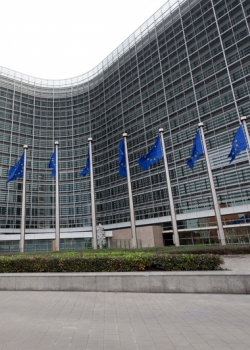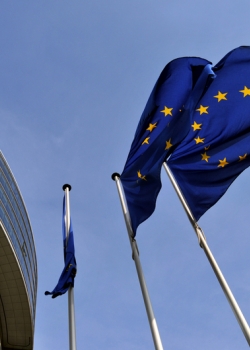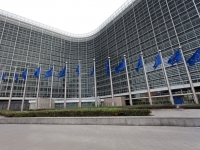EU treaties & institutions
What to do about the Lisbon treaty? Four options for the Conservatives
02 November 2009
The Lisbon treaty will be in force before the next British general election, which the Conservatives seem likely to win. The Conservatives will need to tell the world what they intend to do about a treaty they have vehemently opposed. Charles Grant's policy brief outlines four options for the Conservatives:...
President Lamy?
20 October 2009
EU leaders are racking their brains to come up with candidates for the future presidency of the European Council. The job, to be created by the nearly-ratified Lisbon treaty, will replace a system whereby the EU is 'led' by a different national leader every six months.
The Czechs will probably ratify the Lisbon treaty this year
02 October 2009
Any prediction about the timing of the Czech Republic’s ratification of the Lisbon treaty must be heavily qualified; politics in Prague are so complex and opaque that many Czechs find it hard to understand what is going on.
Europe leaves behind the era of treaty change
01 October 2009
Ireland’s decisive yes to the Lisbon treaty is likely to spur Poland and – after some delay – the Czech Republic to ratify. The Lisbon treaty will probably enter into force early next year, and that is good news for the EU, in three ways.
First, the EU will move on...
First, the EU will move on...
Issue 68 - 2009
25 September 2009
- Europe leaves behind the era of treaty change, Charles Grant
- Europe's imbalanced response to the financial crisis, Philip Whyte
- Britain must pool defence capabilities, Clara Marina O'Donnell
Last chance for Lisbon: Ireland's EU referendum
22 September 2009
Ireland will hold a second referendum on the Treaty of Lisbon on October 2nd 2009. Most opinion polls in the run-up to the vote show that a majority of Irish voters now back the EU treaty they rejected in June 2008.
The Swedish EU presidency
01 July 2009
A painful recession in Europe, uncertain prospects for the Lisbon treaty, a looming gas crisis in Ukraine and a lame-duck Commission are some of the challenges that the Swedish EU presidency will have to deal with in the second half of 2009.
EU politics after the elections
10 June 2009
EU policies were not the issue that guided most voters in last week’s elections to the European Parliament. The economic crisis and job safety were uppermost in people’s minds.
Why the European elections matter
29 May 2009
Between June 4th and June 7th, Europeans will cast their votes to elect a new European Parliament (EP). Recent opinion polls indicate that they will do so without much enthusiasm. Indeed, there is every chance that the average turnout will be the lowest ever – it has fallen at every election since the first time that Europeans directly elected their MEPs in 1979, and sank to 45.6 per cent in 2004. But despite the prevailing apathy, this election matters.
Making a success of the EAS
21 May 2009
If the Irish people vote yes to the Lisbon treaty at the second attempt, and the Czechs, Germans and Poles also ratify, the EU will set up an ‘external action service’ or EAS. This new institution promises to make the Union’s common foreign and security policy more effective.
Issue 65 - 2009
27 March 2009
- Europe's flagging response to the financial crisis , Philip Whyte
- Carbon price collapse threatens the EU's climate agenda, Simon Tilford
- In the name of EU solidarity, Katinka Barysch
The French, the European Commission and the Tories
29 January 2009
One Frenchman, Jean Monnet, invented the European Commission, and another, Jacques Delors, was its greatest president. Yet the French are increasingly hostile to this Brussels institution.
What the summit says about the EU
16 December 2008
The EU summit on December 10th-11th 2008 was a success in so far as EU leaders managed to agree on all major agenda items. The fact that there was a lot of bitter wrangling and a big dose of compromise was only to be expected against the backdrop of a rapidly worsening European economy.
The Irish send out good vibrations on Lisbon
08 December 2008
Ireland’s parliament – the Oireachtas – recently published a lengthy report on where the country’s relationship with the EU stands after the country’s rejection of the Lisbon treaty by referendum.
How the Irish government might save Lisbon
01 December 2008
The financial crisis is altering political and economic fortunes everywhere. It may have yet another, unlikely, outcome: the ratification of the Lisbon treaty, rejected by Ireland in a referendum last June.
Issue 63 - 2008
28 November 2008
- The EU's fleeting chance for global leadership, Charles Grant
- The EU's climate agenda hangs in the balance, Simon Tilford
- How the Irish government might save Lisbon, Hugo Brady
The Commission's economic forecasts are still too complacent
07 November 2008
On the face of it, it appears churlish to accuse the Commission of complacency when it is forecasting no growth in the eurozone economy in 2009 and a deep recession in the UK.
How a new Irish government might save Lisbon
24 October 2008
The financial crisis is challenging many of our assumptions about the course of politics and world affairs. Gordon Brown – only weeks ago portrayed as nearing the end of his time as UK prime minister – has been elevated to European, even global leadership status.
Three scenarios for the Lisbon treaty
01 August 2008
Eurosceptics make a good point when they argue that the EU should concentrate on external challenges like climate change, energy security, migration and global trade. But Ireland’s vote against the Lisbon treaty means that the EU now has to devote more time and energy to sorting out its rules and institutions. Those who urge the EU to look outwards but celebrate the Irish No are inconsistent and hypocritical.
Issue 61 - 2008
25 July 2008
- Three scenarios for the Lisbon treaty, Charles Grant
- A new European mercantilism?, Simon Tilford
- The next US president should forget the League of Democracies, David Hannay

